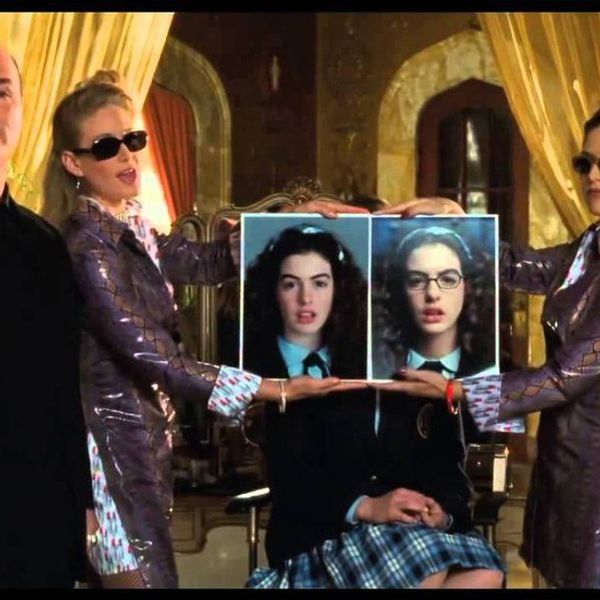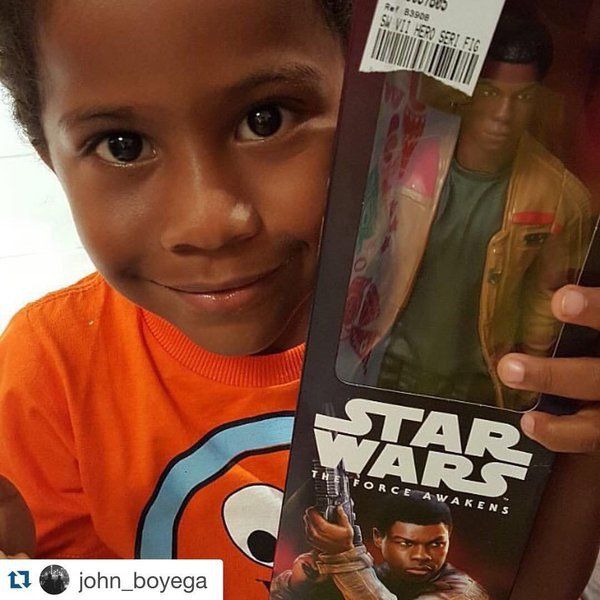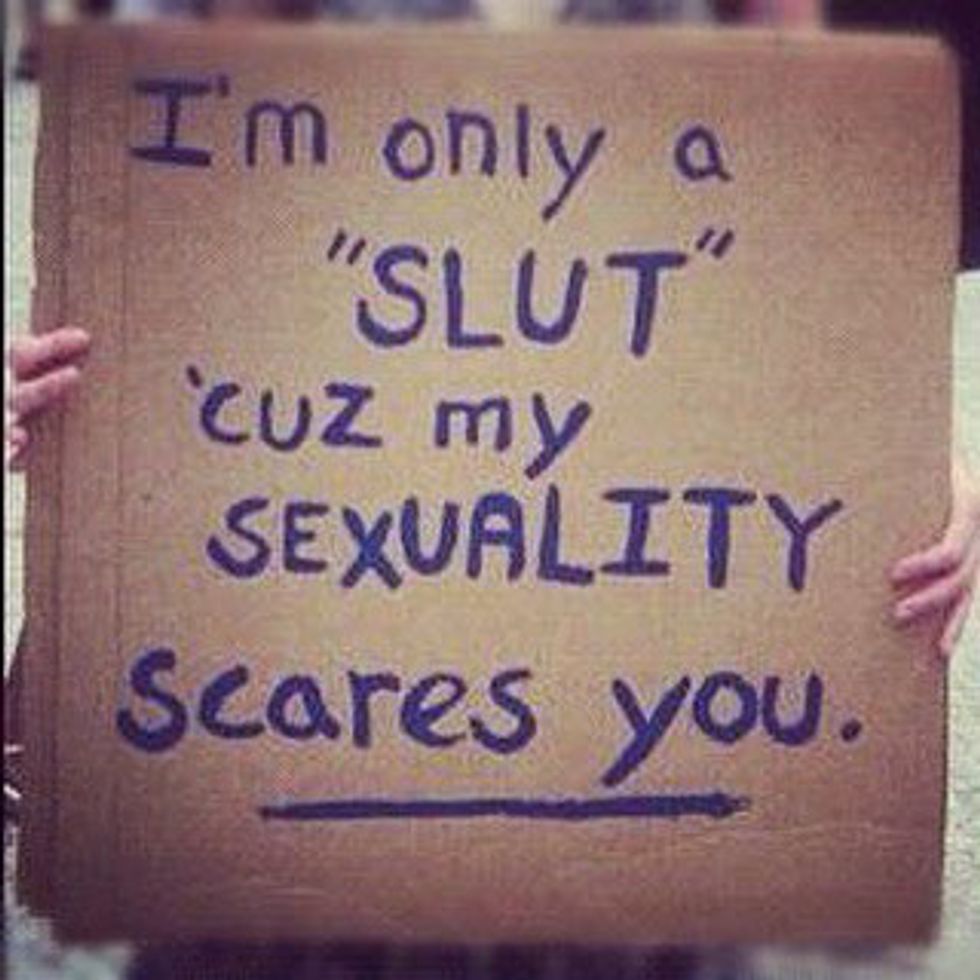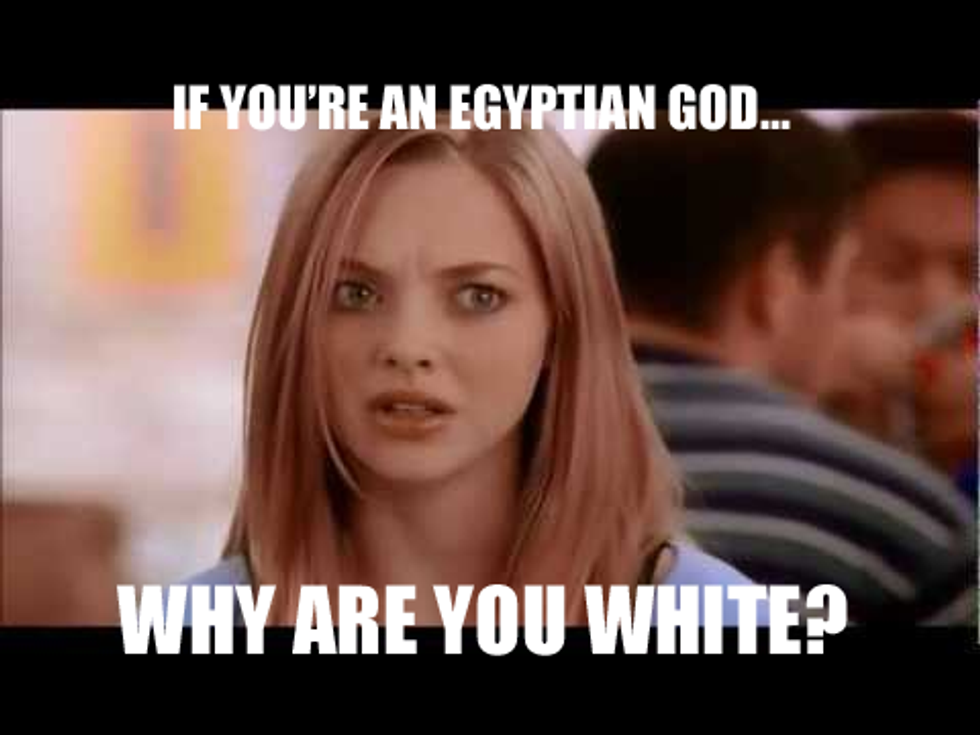"Writers are in some ways seriously lazy," she typed, despite the fact that she herself was a writer.
It's a sad but true fact. For every innovative, inclusive, and groundbreaking writer (Shonda Rhimes is a goddess), there are writers that rely heavily on tropes. Now what is a trope, you might ask? I'll tell you: a trope is a commonly used pattern in a story or recognizable attribute used to convey information to the audience. The problem, aside from being boring, is that they can perpetuate some pretty ugly stereotypes.
1. Women in refrigerators.
From Cordelia on "Angel," to Buffy herself, to Charlie on "Supernatural," writers for whatever reason cannot resist killing off awesome female characters violently and senselessly. What makes this worse is the fact that it's usually done for man pain. For a revenge plot. To change a male character profoundly or teach him something. Aside from doing a real disservice to the character killed off, it tells guys that the only way to grieve is to fly into a homicidal rage, instead of dealing with the loss they've experienced. Can we not?
2. I can change my beloved.
He's lashes out. He's brooding. He might have even killed people. He just needs love, right? Wrong! Can we please stop romanticizing abusive and destructive behavior? Can we stop passing controlling and gross and violent behavior off as a sign of devotion? It's dangerous! And considering the problems we have with domestic violence, it's hella irresponsible to pass off this kind of behavior as love. And even worse, to even remotely encourage the thought that an abusive, angry, violent person can be made to be no longer violent, angry, and abusive by the power of love.
(anti-delena.tumblr.com)
3. "Slut" with issues.
There's the girl who on the surface is totally confident. Guys love her and well she loves them right back, at least until the sun comes up. Why? She was bullied and boys didn't like her when she was younger. Her dad abandoned her. Ugh. Women. Like. Sex. Too. I'll say it again. Women. Like. Sex. Too. For pleasure. Sometimes with people they are not in love with. Stop the narrative that the only reason a girl would have sex for pleasure, with more than one person is because she's damaged. It's an annoying double standard and not always the case.
4. Villain whitewashing trope.
So you've ruined lives. Lied. Stolen. Screwed over people who tried to help you. And are generally an unpleasant individual. Tell the audience about how rough your childhood was, then that was all OK. Being abused or neglected can probably screw with your sense of morality, but the problem is that these villains are cavalierly excused from their horrific behavior and taking responsibility for it simply because they had a rough childhood. That'd stand up in court. Sorry girls, Sirius Black was raised the same way Draco Malfoy was.
(jemmasummins.tumblr.com)
5. Whitewashing in general.
Stop casting white actors in roles historically or canonically meant for people of color. To be clear there is a difference between whitewashing and race-bending. Simply put, "There is a stark difference between race-bending and whitewashing. When white actors and actresses take the few roles that are originally designed for people of color, they Columbus an entire franchise. It’s what happens when Jennifer Lawrence portrays a girl described as having 'olive skin' in 'The Hunger Game' series; it’s what happens when M. Night Shyamalan casts white actors as protagonists of color in 'The Last Airbender'; and it’s what happens when Dreamworks casts Scarlett Johansson as Motoko Kusanagi in 'Ghost in the Shell.' Whitewashing takes over the limited space people of color have to exist in the entertainment industry as complex, multifaceted individuals, and then shuts them out completely."
(sassy-gay-justice.tumblr.com)
6. Bury the gays.
I don't watch "The 100." I doubt I ever will, and when I saw fans of an out lesbian character Lexa flipping out on Tumblr because she'd been killed off, I'll admit I thought they were being a bit dramatic. I'd loved and lost many a fictional character and myself. It's a part of fangirling. And then I came across this and realized Lexa was a part of a much larger pattern.
(clarkgriffout.tumblr.com)
Years worth (and this isn't even all of them) of queer women killed off. It's almost always the same story. There is an openly gay woman. She shares a love scene with another queer woman. And then she is senselessly killed. Media matters. Representation matters. When you can turn on any channel and see someone who looks like you get killed off, it's not OK. This trope sends the message that queer women don't get happy endings.
So, Hollywood writers, stop being so lazy. Quit relying on tired and insulting tropes, because they are often boring and damaging. Remember the quote, "The universe is made up not of atoms, but stories." Get creative and give us something new.































